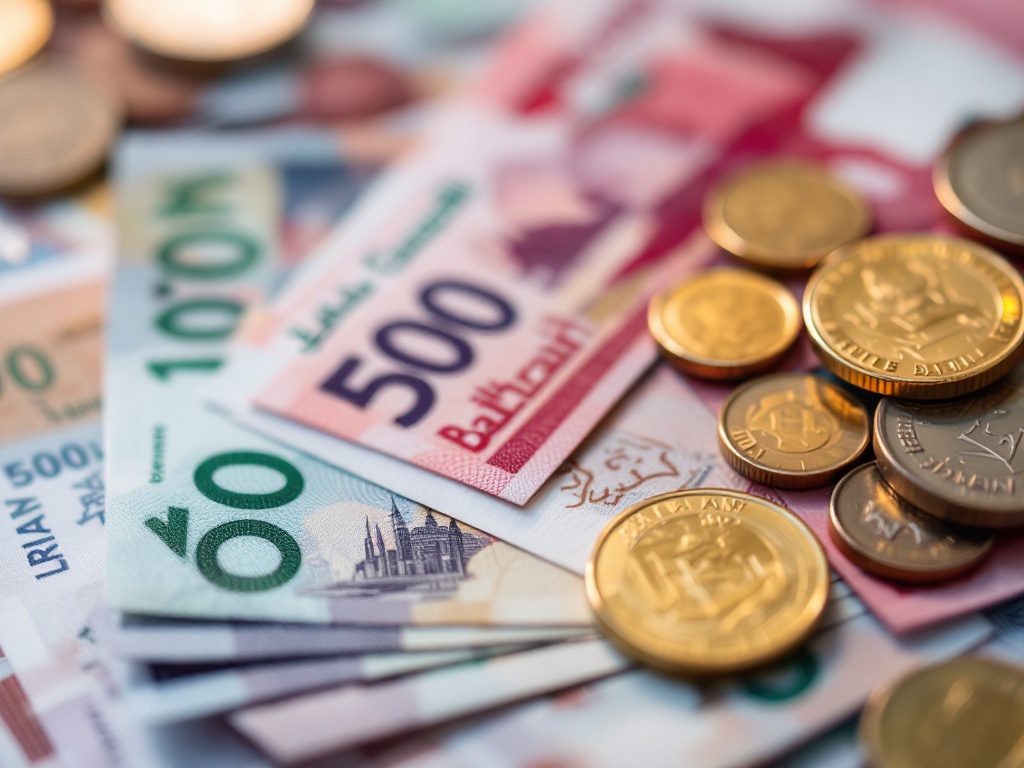Understanding Bahraini Currency and Exchange Rates
Navigating money matters is an essential part of international travel. This guide covers the basics of Bahrain's currency, the Bahraini Dinar (BHD), and provides tips on currency exchange and payments.

The Bahraini Dinar (BHD)
- Official Currency: The official currency of the Kingdom of Bahrain is the Bahraini Dinar, abbreviated as BHD.
- Subdivision: One Dinar is divided into 1000 fils. Coins are available in various fils denominations (e.g., 5, 10, 25, 50, 100 fils), and banknotes come in different Dinar values (e.g., ½, 1, 5, 10, 20 BHD).
- Pegged to USD: The Bahraini Dinar has a fixed exchange rate peg to the US Dollar. 1 BHD = approximately 2.65 USD (or 1 USD ≈ 0.376 BHD). This peg provides stability, but minor fluctuations in buy/sell rates can still occur at exchange points.
- Symbol: The symbol often used locally is BD.
Understanding the local currency and its approximate value against your home currency is helpful for budgeting.
Bahrain's official currency.
Where to exchange your money.
Currency Exchange Options
You can exchange major foreign currencies (like USD, EUR, GBP) for Bahraini Dinars at various locations:
- Bahrain International Airport (BAH): Currency exchange counters are available upon arrival, offering convenience but potentially less favorable rates than in the city.
- Banks: Major local and international banks offer currency exchange services during banking hours. Rates are generally fair, but procedures might take longer.
- Licensed Exchange Bureaus: Found in malls and commercial areas, these often offer competitive exchange rates and sometimes longer operating hours than banks. It's wise to compare rates between a few bureaus if possible.
- Hotels: Many larger hotels offer currency exchange, but rates are typically less favorable than banks or exchange bureaus.
Tips: Always ask about commission fees before exchanging. Keep receipts for transactions. Avoid exchanging money with unlicensed individuals on the street.
Using ATMs and Cards
- ATMs (Automated Teller Machines): ATMs are widely available throughout Bahrain, especially in cities, malls, and at banks. They accept major international debit and credit cards (Visa, MasterCard, etc.). Withdrawing cash from an ATM often provides a competitive exchange rate set by your bank network.
- Card Acceptance: Credit and debit cards are widely accepted in hotels, restaurants, supermarkets, and larger retail stores. Visa and MasterCard are the most common.
- Potential Fees: Be aware of potential fees charged by both the local ATM operator and your home bank for international withdrawals or transactions. Check with your bank about foreign transaction fees before you travel.
- Inform Your Bank: It's a good practice to inform your bank about your travel dates to Bahrain to prevent your cards from being blocked due to unusual activity.
- Cash for Small Vendors: While card usage is common, it's still advisable to carry some cash (BHD) for smaller shops, taxis, tips, and purchases in traditional souqs where cards might not be accepted.
Using a combination of cards for larger purchases and cash for smaller expenses is often the most practical approach.
Find more practical advice on our Travel Tips page.
Convenient payment options available.
